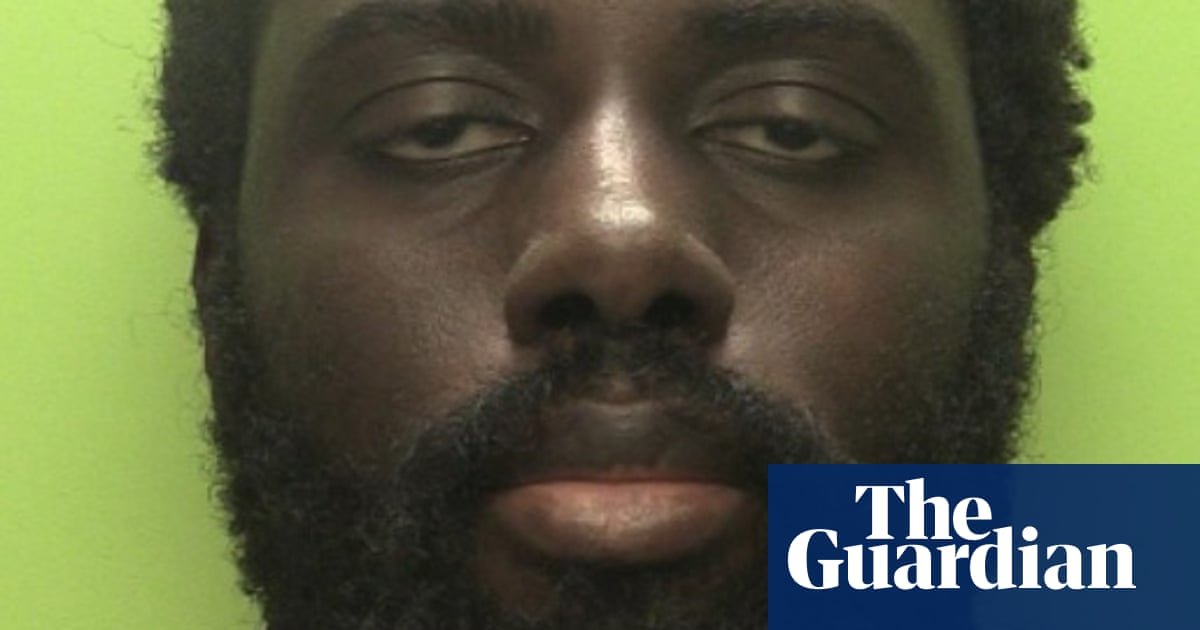
The health secretary said “three innocent people might still be alive” if the NHS had “done its job” in treating Valdo Calocane in the years running up to the Nottingham attacks.
Wes Streeting said the deaths of Grace O’Malley-Kumar, Barnaby Webber and Ian Coates were “preventable if the NHS had been there when it should have been”.
He said: “The hard truth here – which is, I think, hard for the whole country to hear, let alone me – is that had the NHS done its job, had there not been multiple fundamental failures, three innocent people might still be alive.
“That’s why I totally understand why [the victims families] accused the NHS of having blood on its hands.”
A Care Quality Commission (CQC) review of the mental health care that Calocane received in the years before the killings found “a series of errors, omissions and misjudgments” in his treatment, which Streeting said was “deeply distressing”.
Dr Sanjoy Kumar, the father of Grace O’Malley-Kumar, said it was “devastating” reading, and that Streeting had told him the government was going to “slow down” mental health reforms in light of its findings so the families can be involved with the new laws.
In the king’s speech in July, the government revealed plans to “modernise” the Mental Health Act, which covers England and Wales, and give patients “greater choice, autonomy, rights and support”.
They included plans to revise detention criteria so people could only be detained under the act if they posed a risk of serious harm, and “strengthening the voice of patients” by adding statutory weight to their right to be involved with planning their care, and making choices and refusals.
“[Streeting] has promised that we will be able to work with people who are working with the law,” Kumar told Sky News on Tuesday. “A change is needed. We need to step back a little bit and really see what is safe for the public.”
“It’s not about depriving people of their liberty. It’s about holding clinicians responsible who put people like that out on our streets.”
Mental health charities urged against delays to the new legislation, but said public safety should also be considered alongside the rights of patients.
Marjorie Wallace, CEO of Sane, said: “We would not want to see reforms fought for so vigorously by our own and other charities slowed down.
“However, cases like that of Valdo Calocane highlight the need to balance the rights of potentially highly disturbed patients at risk of harm to themselves and others with those of their families and the wider public.”
Brian Dow, deputy chief executive of Rethink Mental Illness, said “we cannot afford to delay reform any longer” but that the new legislation must be “carefully considered”.
after newsletter promotion
“This will involve reflection on how we can balance the need for people experiencing mental illness to have a choice in their treatment with the importance of ensuring the public is kept safe,” he said
Calocane, who was diagnosed with paranoid schizophrenia, killed O’Malley-Kumar, Webber and Coates in Nottingham in the early hours of 13 June last year. He also seriously injured three other people when he drove a van into pedestrians.
The CQC review found that risk assessments “minimised or omitted” key details such as the seriousness of Calocane’s risk to others, and that clinicians could have opted to medicate him via depot injection, a slow-releasing form of medication, since he was frequently refusing to take oral medication at home.
Calocane showed “little understanding or acceptance of his condition”, declined depot injection and therapies, and frequently missed appointments, the CQC said.
The report criticised clinicians for not assessing whether Calocane was in a position to make decisions about his care, saying his psychosis symptoms would have “impaired his ability to weigh up the information regarding the need for antipsychotic treatment and the risks of discontinuing it”.
Streeting said he wanted to reform the Mental Health Act in a way that would get the “balance right between recognising there are people whose liberties are being deprived today who could live safely in the community, but also recognising for others there needs to be much better and closer supervision so that people like Calocane are not able to be on the street causing risk or fatalities to others”.
Source: theguardian.com

















